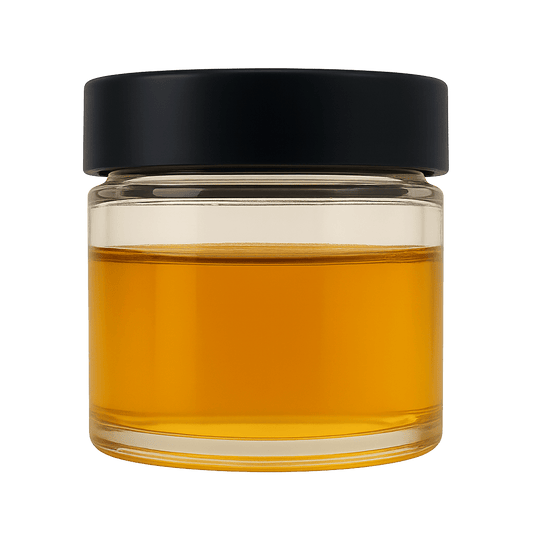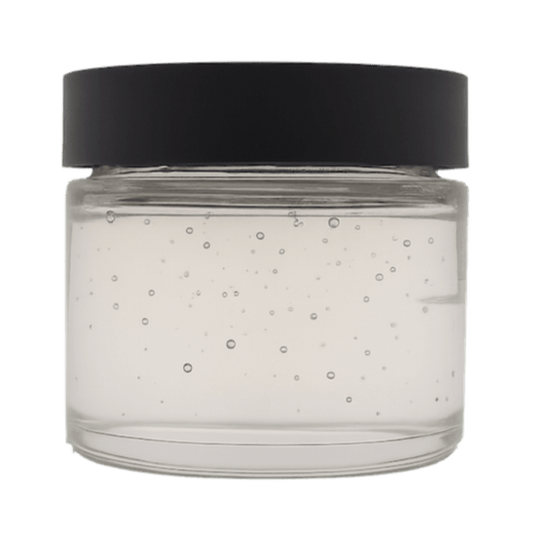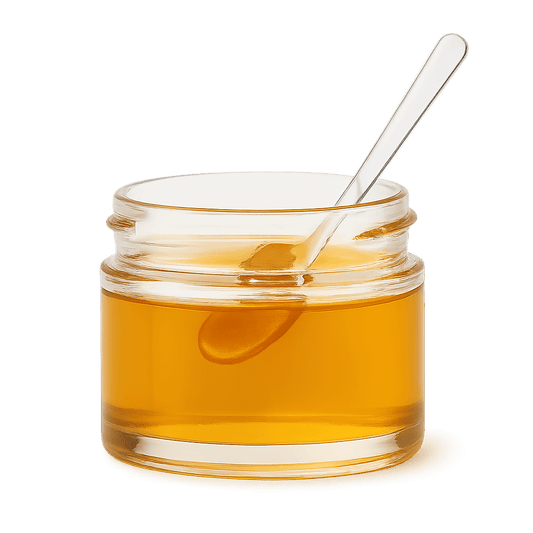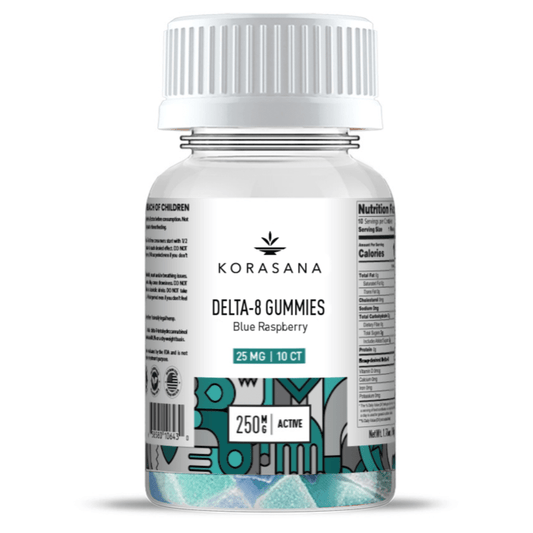Is Delta 8 THC Legal in West Virginia?
NO - Delta 8 THC is Not Legal in West Virginia
Delta 8 THC is illegal in West Virginia. The state's governor signed Senate Bill 546 into law on March 29, 2023, which classified delta-8, delta-10, and other "synthetic equivalents" of THC as illegal drugs. This law became active on June 8, 2023.
Legal Status of Delta 8 THC in West Virginia
The information provided on this website does not, and is not intended to, constitute legal advice or any statements regarding the status of any laws. The information, content, and materials present on this site are for general informational purposes only and should not be relied upon for any specific purpose. Laws vary across different states and are subject to change. Therefore, information on this website might not reflect the most recent legal or other developments. Read our full legal disclaimer HERE.






